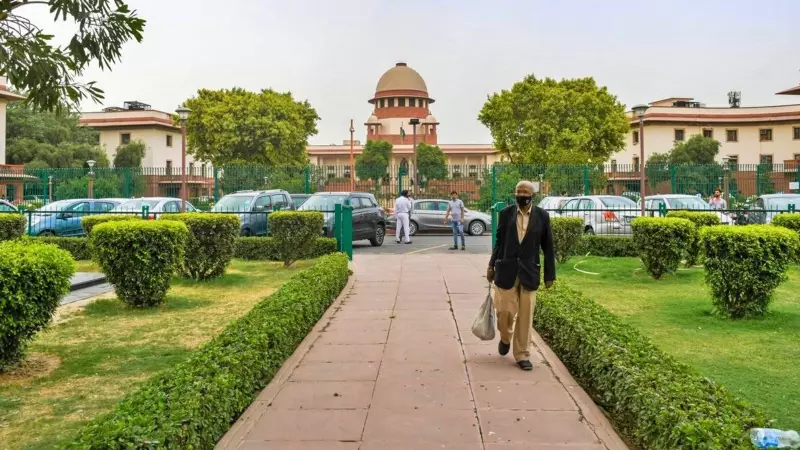
Supreme Court Upholds Demolition of Historic Ujjain Mosque
The Supreme Court of India has dismissed an appeal challenging the demolition of the 200-year-old Takiya Masjid in Ujjain, Madhya Pradesh. The verdict was delivered on Friday, November 8, 2025, by a bench comprising Justices Vikram Nath and Sandeep Mehta.
Land Acquisition and Demolition Details
The Madhya Pradesh government had acquired the land where the mosque stood to expand parking facilities for the adjoining Mahakal Temple complex. The historic structure was demolished in January this year as part of this development project.
The bench upheld a previous High Court order, noting that the land acquisition process was complete and compensation had been duly paid. The court also emphasized that the petitioners had previously withdrawn a similar petition challenging the acquisition.
Court Proceedings and Petitioner Arguments
During the hearing, Justice Vikram Nath remarked, "Too late now, nothing can be done," highlighting the timing of the petition. The case was filed by Mohammed Taiyab and twelve other petitioners who claimed the mosque was registered as Waqf property in 1985 and they regularly offered namaz there.
The petitioners had sought several reliefs from the court:
- Reconstruction of the mosque by the state government
- An inquiry against the Ujjain district collector and land acquisition officer
- Recognition of their religious rights to the property
Senior Advocate M R Shamshad, representing the petitioners, argued that the mosque was demolished specifically to create parking space for "another religious place." He also challenged the High Court's view that the petitioners could simply offer prayers elsewhere and raised concerns about compensation being given to "unauthorised persons."
Legal Remedies and Final Ruling
While dismissing the main appeal, the bench clarified that separate legal remedies remain available to address the compensation issues raised by the petitioners. The court maintained that the primary matter of land acquisition and demolition had been legally settled through proper channels.
The ruling brings closure to the legal battle surrounding the demolition while leaving open possibilities for addressing compensation-related grievances through appropriate legal channels.





